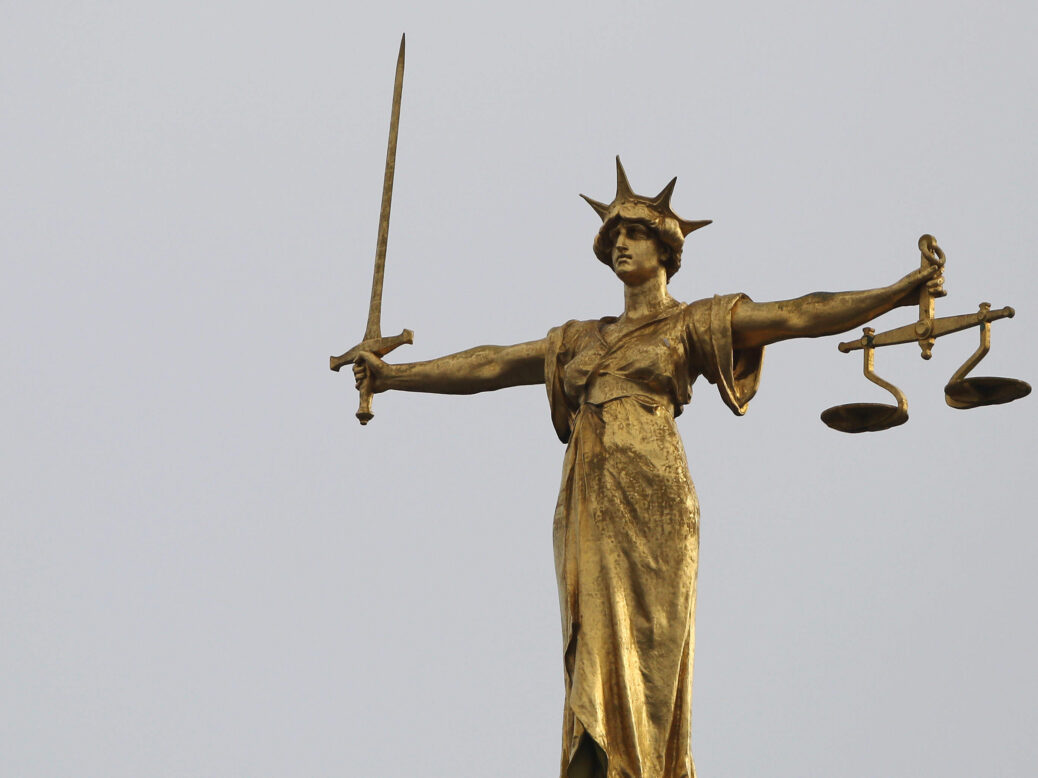
In 2015, Alison Saunders, the director of public prosecutions, announced a Crown Prosecution Service campaign around consent. “The law is clear,” she wrote: “if one person does not consent to sexual activity, with the freedom and capacity to give that consent – and the other person doesn’t reasonably believe there is consent – then it is an offence. Of course it is the job of the Crown Prosecution Service to prove this in court.” This week, Saunders was severely criticised by the Commons justice select committee after a string of rape trials collapsed. Somewhere in the last three years, the CPS’s intent and its action became alarmingly disconnected.
The problem in the CPS is disclosure. In the course of any investigation, the police inevitably gather a lot of evidence. Some of this evidence will implicate the accused. Some will be irrelevant. And some might undermine the Crown’s case. The issue is what happens to that third group. The CPS has a statutory duty to hand over to the defence any material that could reasonably be considered capable of undermining the prosecution. As odd as it might seem that the prosecution is legally obliged to help the defence, it’s absolutely vital. The police have access to resources beyond even the wealthiest defence teams. Without disclosure, there is no justice – and the CPS has been systematically failing to disclose.



